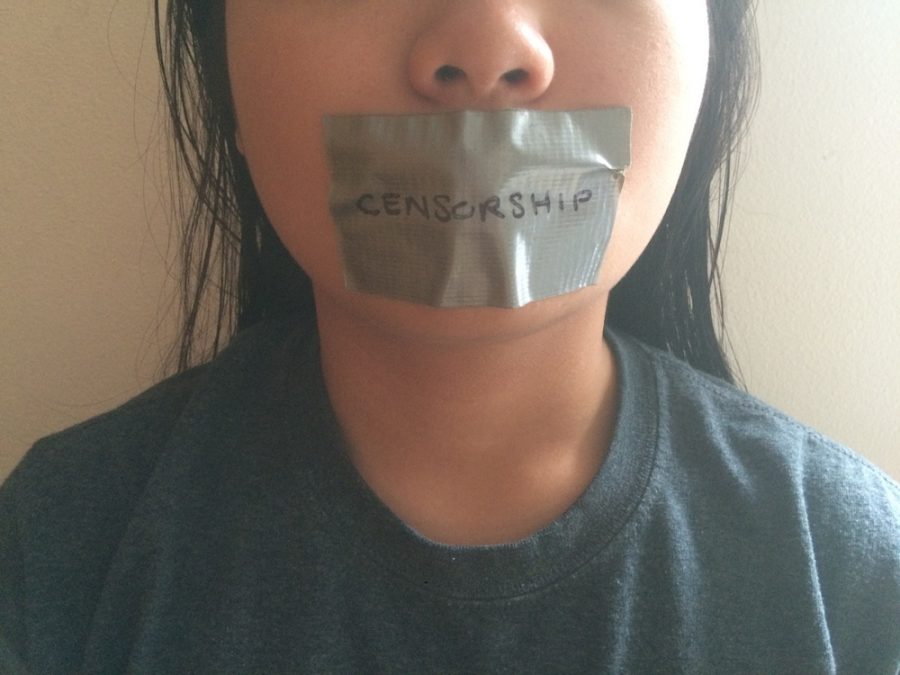Freedom of the Press
With the Student Free Press and Civics Readiness Act, student journalists can be protected from subjective censorship and may practice free speech while covering important issues that they may educate their readers on. (Photo: Katrina Sanchez)
May 27, 2016
On March 8, the Student Free Press and Civics Readiness Act, otherwise known as Senate Bill 848, was introduced, and the bill had recently been approved by the Michigan Senate Committee. Directed toward high school and college journalists, the bill is co-sponsored by one Democrat and three Republicans. Currently, Senate Bill 848 is awaiting review of the Senate Judiciary Committee.
So, why does this matter? Again and again, public high school as well as college journalists come into conflict with school authority when dealing with what they are and are not allowed to publish; consequently, students are hindered from reporting on various stories. In “Michigan Senate Committee approves Student Press Rights bill” from the Michigan Coalition for Open Government, the author states: “Censored stories have included major health issues potentially affecting students (like smoking, the HPV vaccine, underage drinking, etc.), criminal misdemeanors by student athletes and the occasional teacher or administrator, school millage elections, a fatal traffic accident involving students from the school, the nutritional values of cafeteria menus, health inspection reports on the cafeteria, and even broadcasting on the Monday morning news show the Friday night football results, if the team lost” (Michigan Coalition for Open Government). Evidently, due to the censorship by school advisors and administrators, student journalists are prevented from reporting on real world issues and educating readers about specific topics.
“Censorship is not okay because it is important for students to learn about what is going on,” Georgiana Foote said, a student journalist.
On the contrary, many administrators and advisors support censorship and believe that it is acceptable, for it is solely the administration’s final decision on what may or may not be published in their school’s newspapers. However, censoring student journalists silences their voices on real topics that are relevant to their readers. Furthermore, as the U.S. Constitution guarantees Americans the freedom of speech and freedom of the press, censorship prohibits students from practicing these rights.
With the Student Free Press and Civics Readiness Act, student journalists can be protected from subjective censorship and may practice free speech while covering important issues that they may educate their readers on.
Works Cited
Michigan Coalition for Open Government. “Student Press Rights bill gets Senate Judiciary
Committee approval.” Michigan Coalition for Open Government. Miopengov.org. 24
March 2016. Web. 28 May 2016.
MIPA. “MIPA Applauds Introduction of the Student Free Press and Civics Readiness Act.”
Michigan Interscholastic Press Association. Mipamsu.org. 10 March 2016. Web. 28 May
2016.



